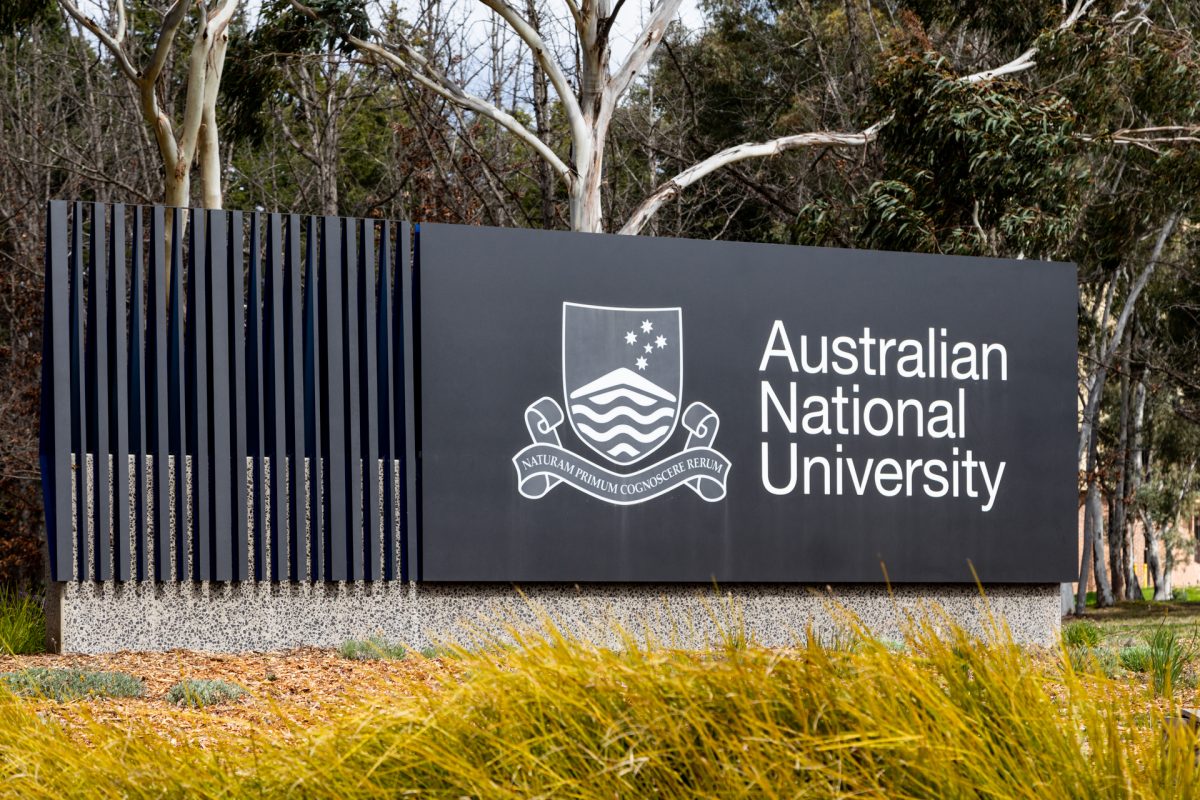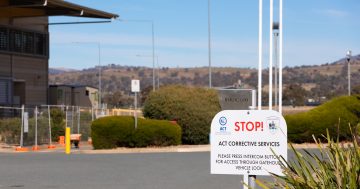
A coronial investigation was held into the death of a student who died at the ANU. Photo: Michelle Kroll.
CONTENT WARNING: Readers are advised this article refers to suicide, mental health and self-harm.
The death of an 18-year-old student at Canberra’s Australian National University (ANU), which was not discovered for days, highlighted a “shortfall” in the coordination between the university and the mental health service, a coronial investigation has found.
The student, who was only referred to as ‘Joshua’, was found dead in his room on 16 August 2018 at a residential hall that was owned by the ANU but operated by another entity.
He had died by suicide and an autopsy found he died some days before his body was discovered.
Joshua was not seen after his swipe card was last used to access his room on 31 July 2018.
A coronial investigation was held into his death. When ACT Coroner Ken Archer released his findings earlier this month, he found matters of public safety had arisen from the responses of the ANU and the ACT Mental Health Service (ACTMHS) to Joshua’s mental health crisis.
He had withdrawn from his family, had little contact with fellow students and had self-harmed. The coroner found he had likely been suffering from an untreated depressive illness.
“The evidence does not suggest that the ANU responded to Joshua’s mental health challenges in a coordinated way,” Coroner Archer said.
“There is a general absence of material suggesting that there was a coordinated attempt to identify Joshua’s psychological stressors and to ensure that appropriate supports were in place.
“Given the seriousness of the act of self-harm, this absence of documentation and a care plan is surprising.”
He also said it didn’t seem that there were attempts from agencies within ANU to engage with ACTMHS “other than on a purely ad hoc basis”.
When it came to ACTMHS’s response to Joshua’s mental health crisis, Coroner Archer said while most of their procedures for a person vulnerable to suicide were complied with, a documented care plan was not provided to him as was required.
He said new structures had recently been put in place that have the potential to make the ANU more responsive to students in a mental health crisis, but the university had also conceded that more work needed to be done.
The coroner made several recommendations, including regarding the memorandum of understanding (MoU) between the ANU and ACTMHS that deals with cooperation between the organisations about students with mental health challenges.
He recommended this MoU be updated after being informed by Joshua’s experiences and the inquest’s findings.
It was also recommended that the ANU publish an update of its review of its Mental Health Strategy later this year.
If you or someone you know needs help, you can contact:
Lifeline’s 24-hour crisis support line – 13 11 14
Suicide Call Back Service – 1300 659 467
Kids Helpline – 1800 551 800 or kidshelpline.com.au
MensLine Australia – 1300 789 978 or mensline.org.au.





















